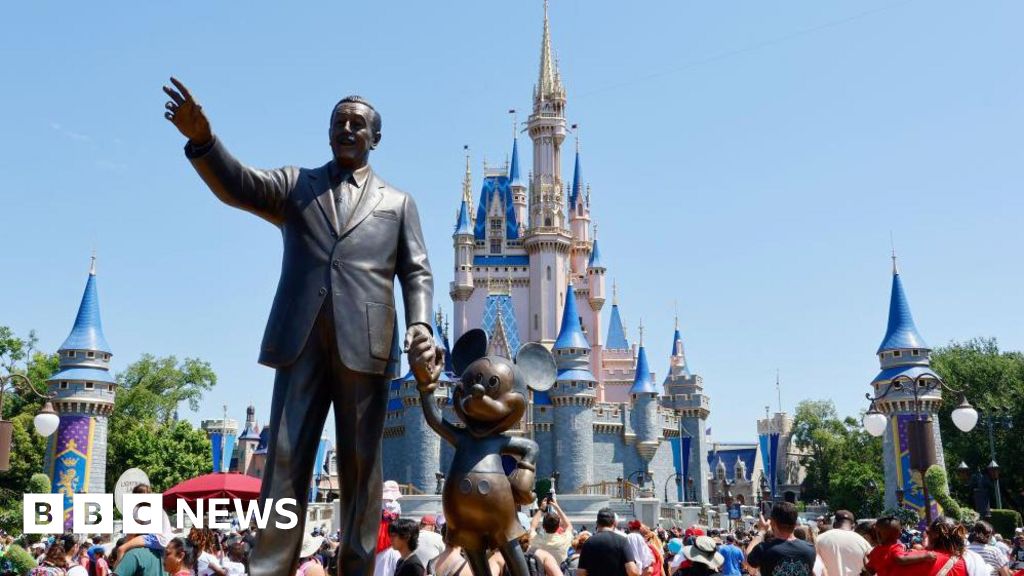
The Mouse House Under Scrutiny: Disney’s DEI Initiatives Face Federal Investigation
The entertainment giant Disney is facing increased scrutiny regarding its diversity, equity, and inclusion (DEI) initiatives. A federal agency responsible for overseeing television broadcasting has launched a formal investigation into the company’s practices, raising questions about the future of corporate DEI programs nationwide. This development is not an isolated incident; it’s part of a broader trend reflecting a growing political polarization surrounding these initiatives.
The investigation itself focuses on the methods and implementation of Disney’s DEI programs, rather than the underlying goals. The core of the concern seems to be centered around whether these programs comply with existing regulations and avoid any potential discrimination against individuals based on factors unrelated to merit. The precise details of the investigation remain confidential at this time, but the very fact of the investigation suggests a deep dive into the company’s internal policies, training materials, and hiring practices.
This isn’t the first time a major corporation has faced backlash over its DEI initiatives. Many companies have implemented comprehensive programs aimed at creating more inclusive workplaces and fostering a sense of belonging for all employees. These programs often encompass a wide range of activities, including unconscious bias training, mentorship opportunities for underrepresented groups, and targeted recruitment strategies to broaden the talent pool. While the intent behind these programs is generally positive, the execution and the potential for unintended consequences have been subject to ongoing debate.
One of the key criticisms leveled against corporate DEI programs is the perceived preferential treatment of certain groups, leading to claims of reverse discrimination. Concerns arise when merit-based hiring and promotion are seemingly overridden by a focus on diversity quotas. The perception of fairness is crucial, and a poorly implemented program can damage employee morale and foster resentment among those who feel overlooked. This is where the legal and ethical tightrope walk becomes particularly challenging for corporations.
Balancing the goal of a truly diverse and inclusive workplace with the need to maintain fair and equitable treatment for all employees is a significant hurdle. The challenge lies in designing programs that genuinely promote equality of opportunity, without creating new forms of exclusion or perceived unfairness. Transparent and measurable metrics are crucial to demonstrating the effectiveness of these programs and avoiding the pitfalls of tokenism or quota-driven approaches.
The outcome of the investigation into Disney’s practices will likely have significant implications, not just for the company itself but for other corporations engaged in similar initiatives. The findings could lead to changes in regulations, influencing how companies approach DEI programs in the future. Furthermore, the publicity surrounding this investigation will likely fuel further public debate, shaping public opinion on the role of corporations in addressing social inequalities. This is a pivotal moment, requiring careful consideration of the delicate balance between promoting diversity and ensuring fairness for everyone within the workplace. The investigation serves as a reminder that even well-intentioned programs require careful planning, transparent implementation, and ongoing evaluation to ensure they achieve their intended goals without unintended negative consequences.



Leave a Reply